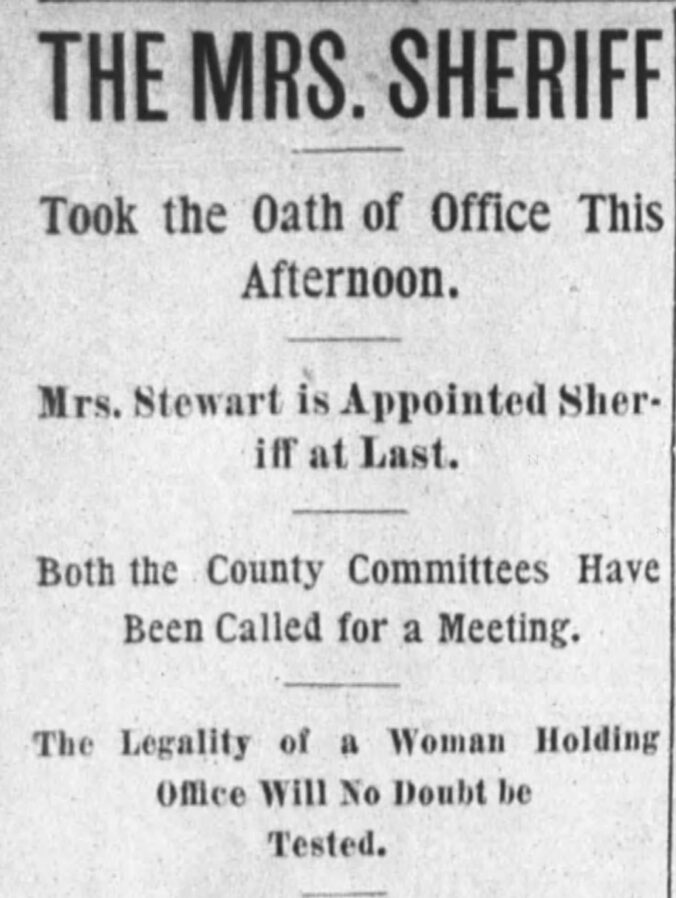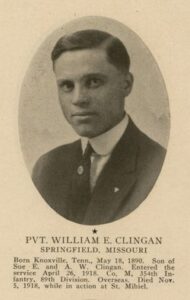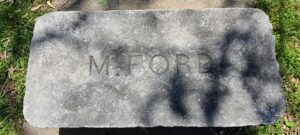
Springfield Republican, 20 November 1902
Police matron work at this time, at least in Springfield, was primarily social work. A police matron would be responsible for, among other duties, searching female prisoners and visiting the jail each morning to check on underage prisoners who needed her assistance.
It wasn’t until about October of 1902 that city council agreed to create the position of police matron. The first woman to hold the job was Mrs. McIntire, who had first pointed out the need. Unfortunately, the position was unpaid. The WCTU provided a stipend; otherwise, McIntire had to solicit donations to do her daily work.
The Springfield Republican reported that “Mrs. McIntire is one of the busiest women in town and she is continually besieged by people looking for help.” McIntire visited prisoners, helped the indigent with food and medical care, and attended court with juveniles.
McIntire’s monthly reports, published in local newspapers, were disheartening, filled with news of hungry or abused children and people out of work with no food or shelter. According to her first report, she spent the month convincing several “fallen” young women to go home and raised money to help them do so; visited prisoners in jail; helped a woman and her sick children; and helped several destitute citizens find food, clothes, and housing.
Finally, in early 1903, McIntire is granted a salary. Just over a year later, in April 1904, the ordinance creating the office of police matron was repealed. Susan McIntire was out of a job.
Despite the efforts of McIntire, local police officers, and the WCTU, Springfield did not have another police matron until late 1910.




